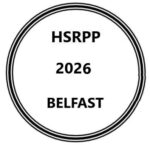The abstract and adjudication process for HSRPP 2026 is now complete.
At least one author on accepted abstracts must:
- Register for the conference by 2 March 2026 (as abstracts must be finalised with the journal)
- Attend the conference to present the research.
